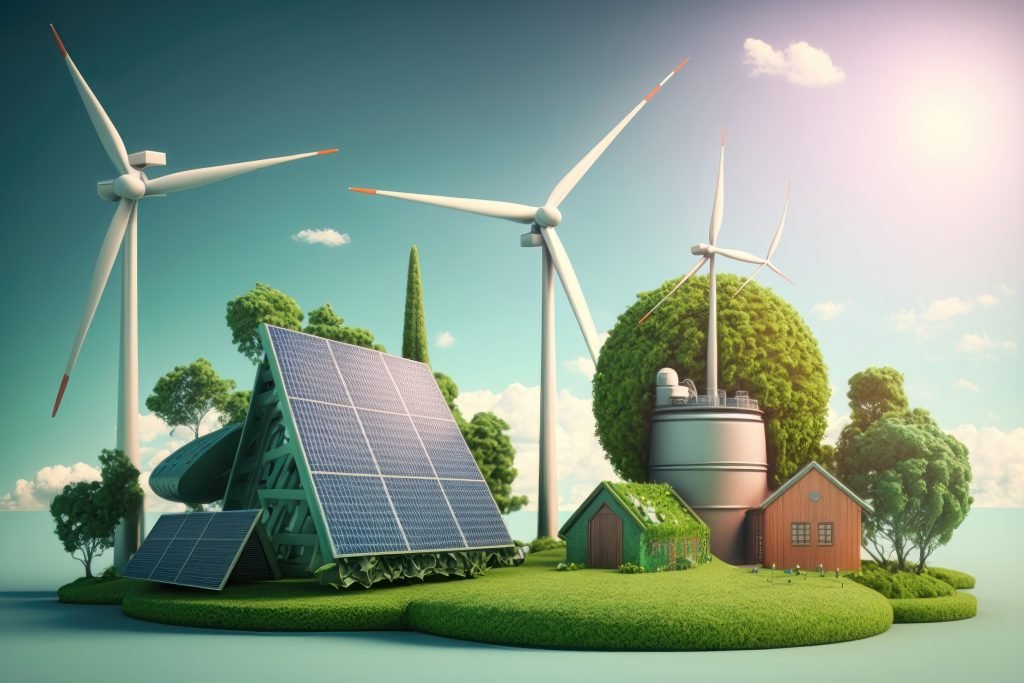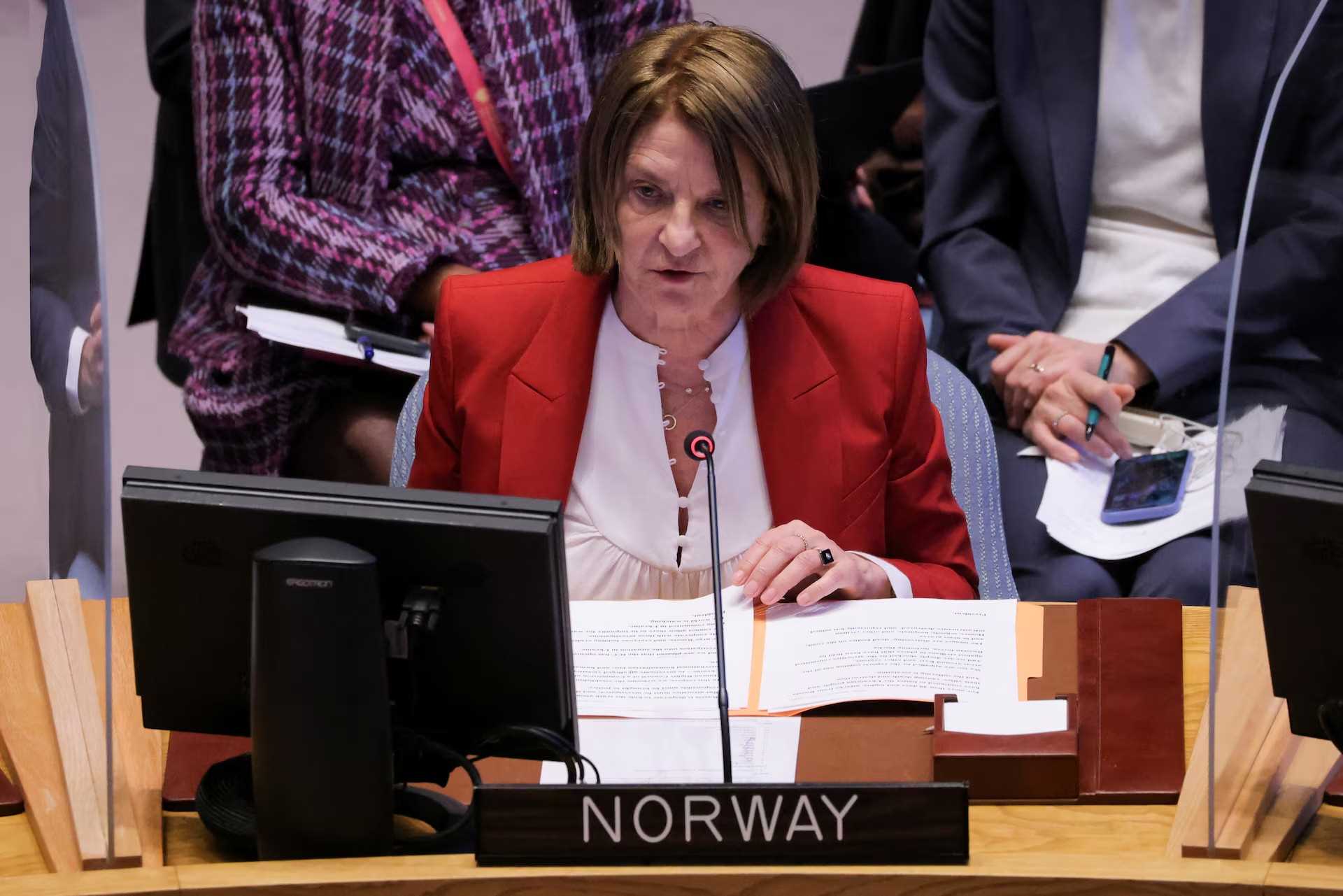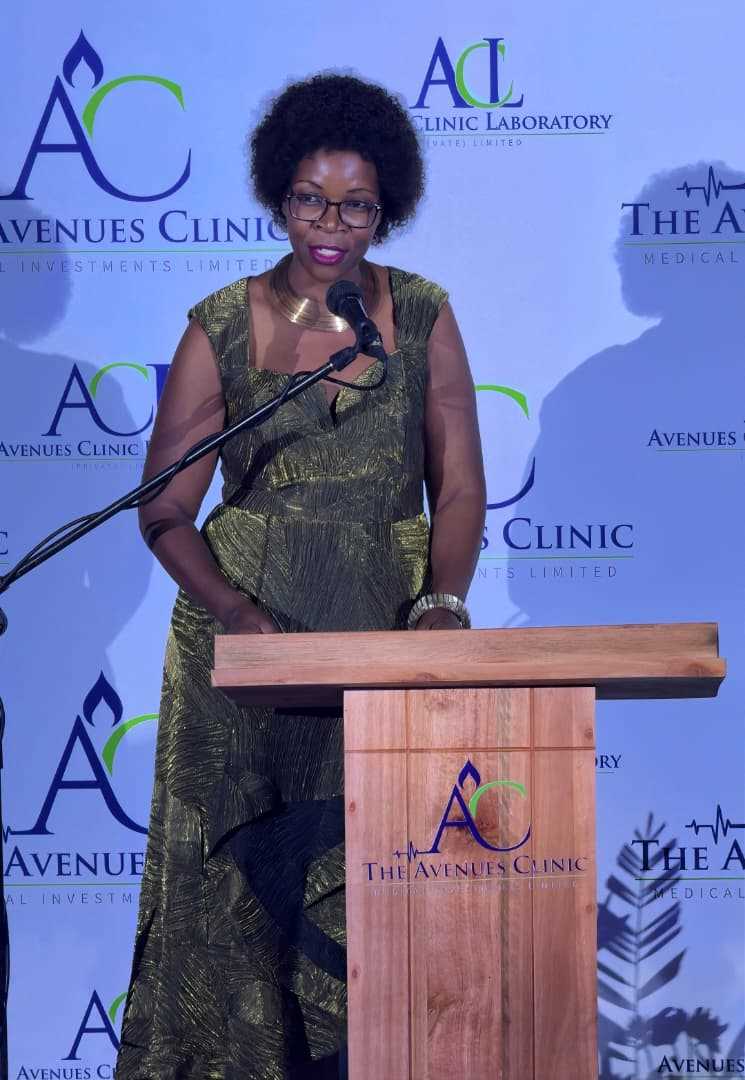
Monica Cheru-Managing Editor
As protectionism and economic power plays take center stage and climate promises have been put on the back burner by the US, Chinese President Xi Jinping is positioning China as a steward of global sustainability.
In a virtual presentation at the Leaders Meeting on Climate and the Just Transition, Xi said a greener planet can’t be built by countries working in silos — and that developing nations must not be left behind.
While the speech didn’t unveil flashy new initiatives, it did reassert China’s role as a long-term player in climate diplomacy.
Xi struck a tone both urgent and measured, calling for “solidarity and cooperation” in tackling the climate crisis.
“This year marks a decade since the Paris Agreement,” Xi said. “Green and low-carbon development has become the trend of our times.”
With control of over 80% of global rare earth metals and its dominance in the solar and EV battery markets, China has unmatched leverage in the green economy.
It is well placed to meet Xi’s pledge to announce China’s updated 2035 Nationally Determined Contributions before the next UN climate summit in Belém, Brazil, setting a new benchmark.
The announcement, which will cover all greenhouse gases and all sectors, puts pressure on major world emitters to up their own climate game.
For Africa, which is suffering the worst effects of climate change and global warming while contributing the least to the carbon footprint, Xi’s speech hits very close to home.
Related Stories
By centering on multilateralism, South-South cooperation, green innovation, and the need to unravel the legacy systems of control, Xi positioned China as a viable partner for developing nations.
This is more than rhetoric, as in recent years, China has funded solar farms, clean water systems, and lithium processing plants across Africa — initiatives that link climate goals with tangible development.
China has effectively stepped into the global climate finance gap as it is becoming increasingly clear that developed countries will never deliver on the $100 billion annual pledge they first made in 2009.
Zimbabwe’s partnership with China has led to over $1.5 billion in green sector investments, particularly in lithium and hydropower.
Conversely, the West, especially the US, has invested more in activism than in any meaningful development.
And recently, US President Donald Trump indicated that the US economy comes first and the climate last, announcing his intent to achieve his MAGA targets using fossil fuels.
What resonated most was Xi’s call for a “people-centered” just transition — language that resonates deeply in African nations grappling with youth unemployment and poverty.
The promise that clean energy should not mean job losses or austerity but will drive inclusive economic growth.
Africa needs to strategically position itself for this shift. It must take agency for its own development through policies that create space for sustainable development and avoid replicating old dependencies under new green branding.
And for the world? Xi’s remarks are a clear indication that the future of climate action lies not just in CO₂ metrics narrated through western lenses and that the Global South will have a strong voice in defining what “equity” and “just” mean in the transition to clean energy.




















Leave Comments